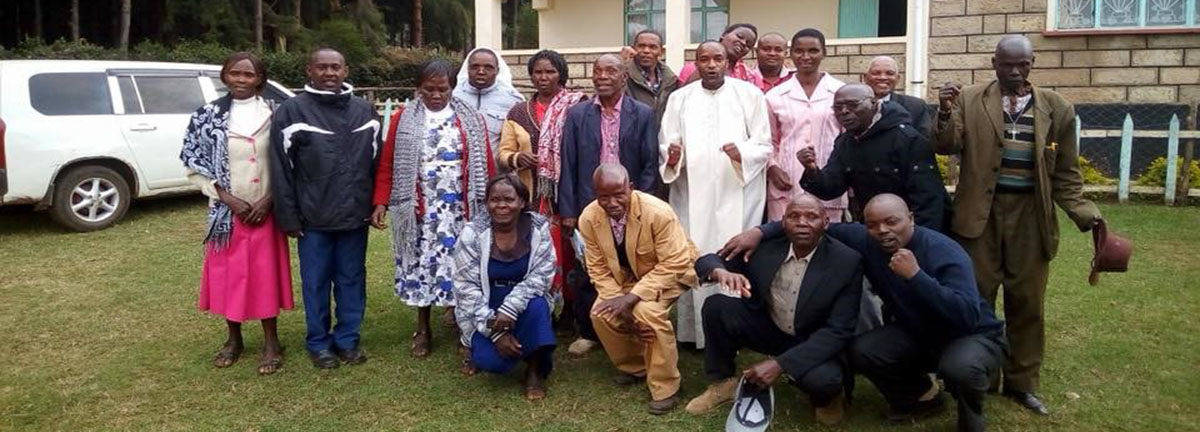
32nd Sunday in Ordinary Time Year C,
We have a God of the living! This Sunday the readings focus on God who is the God of the living. There is a story of two men who lived together in the same neighbourhood for several years. They never got along well with each other. While one was overly tired and annoyed by the other, he threatened him and said: “You look such a big damn who can’t cooperate and treat other people well. In fact, you constantly destroy the pleasant environment for others and use your gifts and power to oppress them. Once we die and get to heaven, I will make sure I break your long spoon and make you starve.” Now, there is an allegory that, people feed each other in heaven because of great love that has come to fulfilment. And the other man replying to this condemnation he said: “I am sure that people like you will never have the opportunity to see heaven because they will introduce unnecessary changes and cause chaos.”
While the story is meant to encourage people to love one another while living in this life, it can also help us to pause and ask ourselves, what happens beyond death? What awaits us?
We just celebrated the liturgy of all the faithful departed on November 2nd, and in the entire month of November we dedicate our prayers for these souls. We view death as the last thing in this life. Actually, in all the Catholic liturgical books, the ritual and prayers for the dead are structurally placed at the end. Again, Catholics even pray for the happy ending of life in this world. In the funeral masses there is always an expression of hope for the life-after. This hope emerges from our believe in the God of life and shapes our ethics and morality.
Jesus expressing the new and definitive situation of what happens after this life, he linked his action of Temple cleansing with the Mystery of his death and resurrection. With his action of temple cleansing he signified that after death God and humans, the Creator and his creatures meet. And in today’s Gospel he is further explaining to the Sadducees the meaning of the resurrection. It is with such a belief in the resurrection that in the first reading a mother and her seven sons get strength to endure death through martyrdom than to be unfaithful to the Law/belief. That faithfulness is used by Paul in the second reading to encourage the Thessalonians to keep their hearts fixed in Christ’s love until he comes. The Thessalonians can do this through prayer. As Christian disciples let us accept death and hold firm to our belief in the resurrection. We are all migrants and not natives to this place. We have our true homeland, Heaven.
Christian Action This Month: Visit the tombs of our deceased parents, brothers and sisters, relatives and friends. Offer them a flower and prayer as an expression of your hope to meet them again in the life after.
Joy and peace.








